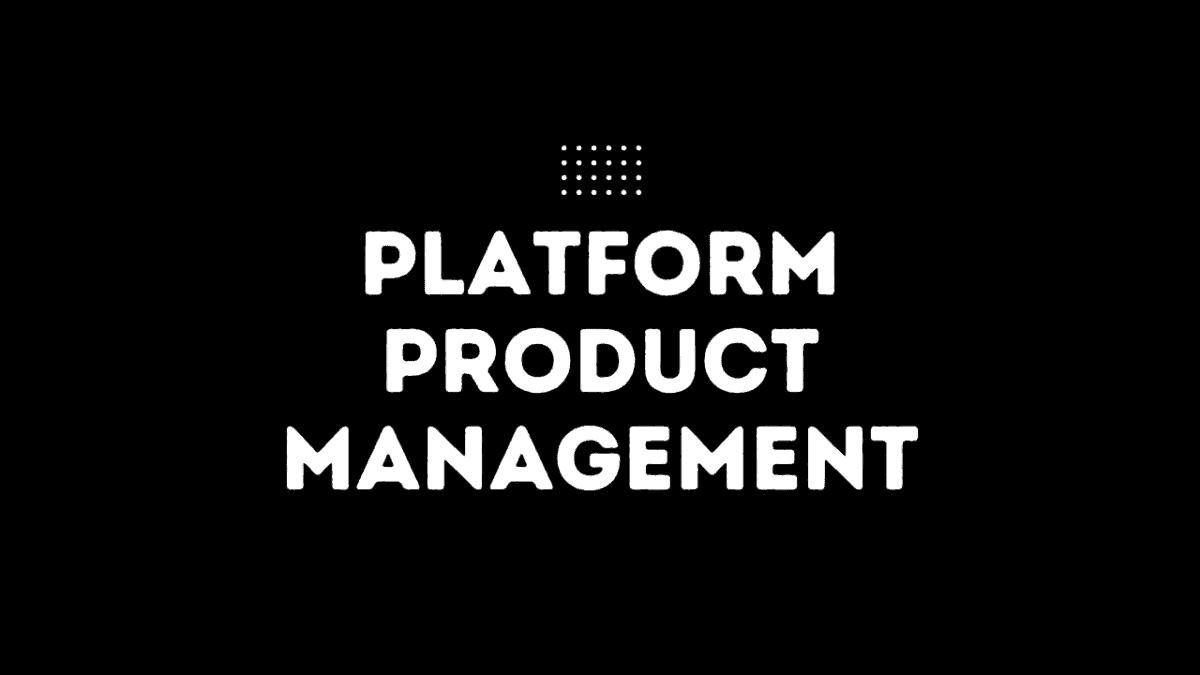There is a shiny new Product role in town: the Platform Product Manager. Platform product management is an approach to product development that focuses on building a platform – a set of tools, technologies, and services – that can be used to create and deliver products and services to customers. Platform product management enables companies to develop products quickly, efficiently, and cost-effectively. It also allows for flexibility and scalability, as the platform can create and deliver products and services for a wide range of customers and needs.
Platform product management differs from regular product management in several ways. While the fundamentals of product management remain constant, the strategies used and how they are implemented vary.
The key differences in approach to platform product management compared to regular product management include:
- Ecosystem focus: Platform product management focuses on creating an ecosystem of products and services, whereas regular product management focuses on a single product.
- Openness and Interoperability: Platforms are built to be open and interoperable with other products and services, whereas regular products may be more closed and self-contained.
- User acquisition and engagement: Platform product management emphasizes acquiring and retaining users, as the platform’s success depends on its user base’s size and engagement.
- Monetization strategy: Platforms may have multiple monetization strategies, such as advertising, transaction fees, or premium features, whereas regular products may rely on a single revenue stream.
- Developer support: Platform product management requires providing resources and support to developers to build on the platform, whereas regular product management may not require this level of developer support.
- Data and analytics: Platform product management requires tracking and analyzing data on user behavior, usage patterns, and other metrics to inform product decisions, whereas regular product management may place less emphasis on data analysis.
- Long-term vision: Platform product management requires a long-term vision, as the platform evolves and grows over time, whereas regular product management may have a shorter-term focus.
Overall, the approach to platform product management is more focused on creating a thriving ecosystem. In contrast, the approach to regular product management is more focused on creating a single, stand-alone product.

